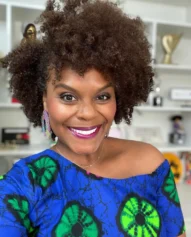In one of the biggest advances against leukemia and other blood cancers in many years, doctors are reporting unprecedented success by using gene therapy to transform patients’ blood cells into soldiers that seek and destroy cancer.
A few patients with one type of leukemia were given this one-time, experimental therapy several years ago and some remain cancer-free today. Now, at least six research groups have treated more than 120 patients with many types of blood and bone marrow cancers, with stunning results.
“It’s really exciting,” said Dr. Janis Abkowitz, blood diseases chief at the University of Washington in Seattle and president of the American Society of Hematology. “You can take a cell that belongs to a patient and engineer it to be an attack cell.”
In one study, all five adults and 19 of 22 children with acute lymphocytic leukemia, or ALL, had a complete remission, meaning no cancer could be found after treatment, although a few have relapsed since then.
These were gravely ill patients out of options. Some had tried multiple bone marrow transplants and up to 10 types of chemotherapy or other treatments.
Cancer was so advanced in 8-year-old Emily Whitehead of Philipsburg, Pa., that doctors said her major organs would fail within days. She was the first child given the gene therapy and shows no sign of cancer today, nearly two years later.
Results on other patients with myeloma, lymphoma and chronic lymphocytic leukemia, or CLL, are being reported at the hematology group’s conference in New Orleans.
Doctors say this has the potential to become the first gene therapy approved in the United States and the first for cancer worldwide. Only one gene therapy treatment is approved in Europe, for a rare metabolic disorder.
The treatment involves filtering patients’ blood to remove millions of white blood cells called T-cells, altering them in the lab to contain a gene that targets cancer, and returning them to the patient in infusions over three days.
“What we are giving essentially is a living drug” — permanently altered cells that multiply in the body into an army to fight the cancer, said Dr. David Porter, a University of Pennsylvania scientist who led one study.
Read more: NBC News



